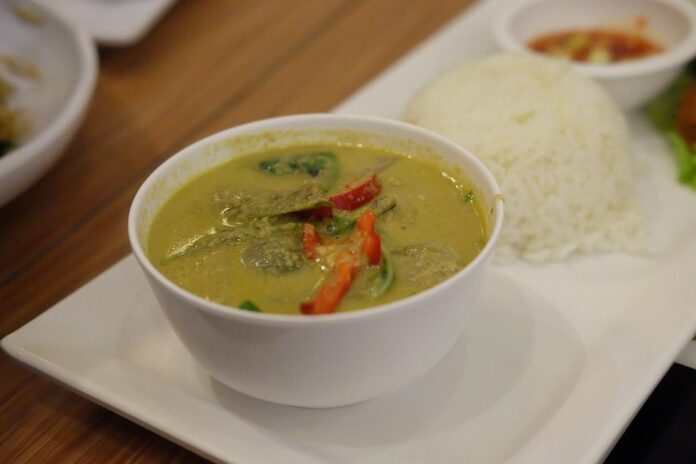The Future of Meal Kit Packaging: Modular, Sustainable, and Brand Forward
Meal kit delivery services have become increasingly popular in recent years, offering consumers a convenient way to prepare fresh, home-cooked meals without the hassle of grocery shopping. However, as the meal kit industry continues to grow, so does the need for innovative and sustainable packaging solutions. In this report, we will explore the future of meal kit packaging, focusing on the shift towards modular, sustainable, and brand-forward designs.
The Rise of Meal Kit Delivery Services
Meal kit delivery services have revolutionized the way people cook at home. With busy schedules and a desire for convenience, consumers have embraced the concept of pre-portioned ingredients and easy-to-follow recipes delivered right to their doorstep. Companies like Blue Apron, HelloFresh, and Sunbasket have seen tremendous growth in recent years, catering to a wide range of dietary preferences and culinary tastes.
Financial Data and Industry Insights
According to a report by Statista, the global meal kit market was valued at $10.6 billion in 2020 and is projected to reach $20.7 billion by 2027. This significant growth is driven by factors such as increasing demand for healthy and convenient meal options, as well as the rise of e-commerce and food delivery services. In addition, the COVID-19 pandemic has accelerated the adoption of meal kit services, as more consumers opt for contactless food delivery options.
The Need for Sustainable Packaging
One of the biggest challenges facing the meal kit industry is the issue of packaging waste. Traditional meal kit packaging often includes single-use plastic containers, bags, and ice packs, which can have a negative impact on the environment. As consumers become more conscious of their carbon footprint, there is a growing demand for sustainable packaging solutions that minimize waste and are environmentally friendly.
Modular Packaging: A Sustainable Solution
Modular packaging is emerging as a key trend in the meal kit industry, offering a more sustainable and customizable alternative to traditional packaging. This innovative approach involves using reusable containers and packaging materials that can be easily assembled and disassembled for efficient storage and transportation. By incorporating modular design principles, meal kit companies can reduce packaging waste and improve the overall user experience for consumers.
Industry Examples
Companies like FreshRealm and Terra’s Kitchen have already embraced modular packaging solutions, offering customers reusable containers and packaging materials that can be returned and refilled with each delivery. This not only reduces packaging waste but also fosters a sense of sustainability and environmental responsibility among consumers. By prioritizing modular packaging, these companies are setting a new standard for eco-friendly meal kit delivery services.
Brand Forward Packaging: Enhancing the Consumer Experience
In addition to sustainability, meal kit companies are also focusing on brand-forward packaging designs that enhance the overall consumer experience. By incorporating branding elements such as logos, colors, and messaging into their packaging, companies can create a cohesive and memorable brand identity that resonates with customers. Brand-forward packaging not only reinforces brand loyalty but also helps differentiate companies in a crowded market.
Consumer Perception and Branding
Research shows that consumers are more likely to trust and purchase from brands that align with their values and beliefs. By investing in brand-forward packaging, meal kit companies can communicate their commitment to sustainability, quality, and innovation, ultimately building stronger connections with their target audience. In a competitive market, branding plays a crucial role in attracting and retaining customers, making it essential for companies to prioritize brand-forward packaging strategies.
Conclusion
The future of meal kit packaging is undoubtedly modular, sustainable, and brand forward. By embracing innovative packaging solutions that prioritize sustainability and branding, meal kit companies can differentiate themselves in a competitive market and appeal to eco-conscious consumers. As the industry continues to evolve, we can expect to see more companies adopt modular packaging designs and brand-forward strategies to enhance the overall consumer experience and drive long-term success.


